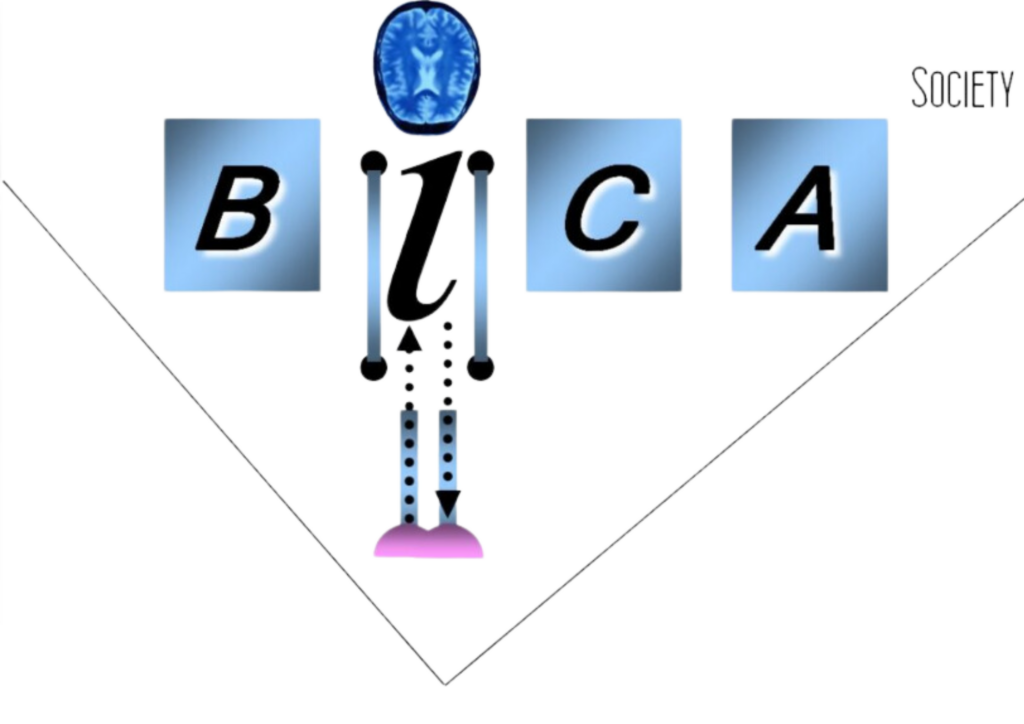International Conference on Biologically Inspired Cognitive Architectures, the 17th Annual Meeting, September 9 - 12
Submission Process & Important Dates
BICA uses a multi-round submission model, allowing authors to submit their work across multiple rounds during the year instead of a single fixed deadline.
Each submission round includes:
Paper submission deadline
Notification of acceptance
Camera-ready submission (Springer / CSR journals)
Author registration deadline
Important Dates
Authors are encouraged to prepare their manuscripts in advance. Detailed information regarding the paper format and official submission template will be announced soon on this website.
First-Round submission deadline: April 15, 2026, 23:59 AOE (see Submission tab)
New submission rounds are announced after the initial deadline of the previous round.Any round may become the final round without prior notice, so authors are encouraged to check this page regularly.
Authors are free to select any rounds for their submissions. The number of submissions per author is not limited; however, each paper must be covered by a separate registration.
Event sponsors



.
Contacts:
Félix Ramos (Cinvestav GDL) — General Chair: felix.ramos@cinvestav.mx
Tingting Liu (CST Ningbo U.) — PC Chair
Alexei Samsonovich (George Mason U.) — PC Chair: alexei.samsonovich@gmail.com
Kyrtin Atreides (AGI Laboratory) — Financial Chair: Kyrtin@AGILaboratory.com
Antonio Cervantes (U. Guadalajara) — Publicity Chair: antonio.alvarez@academicos.udg.mx
Lorem ipsum dolor sit amet, consectetur adipiscing elit. Ut elit tellus, luctus nec ullamcorper mattis, pulvinar dapibus leo.


